Between rejection and acceptance: Different reactions of Iraq's political parties on election results
Iraq 03:52 PM - 2021-10-17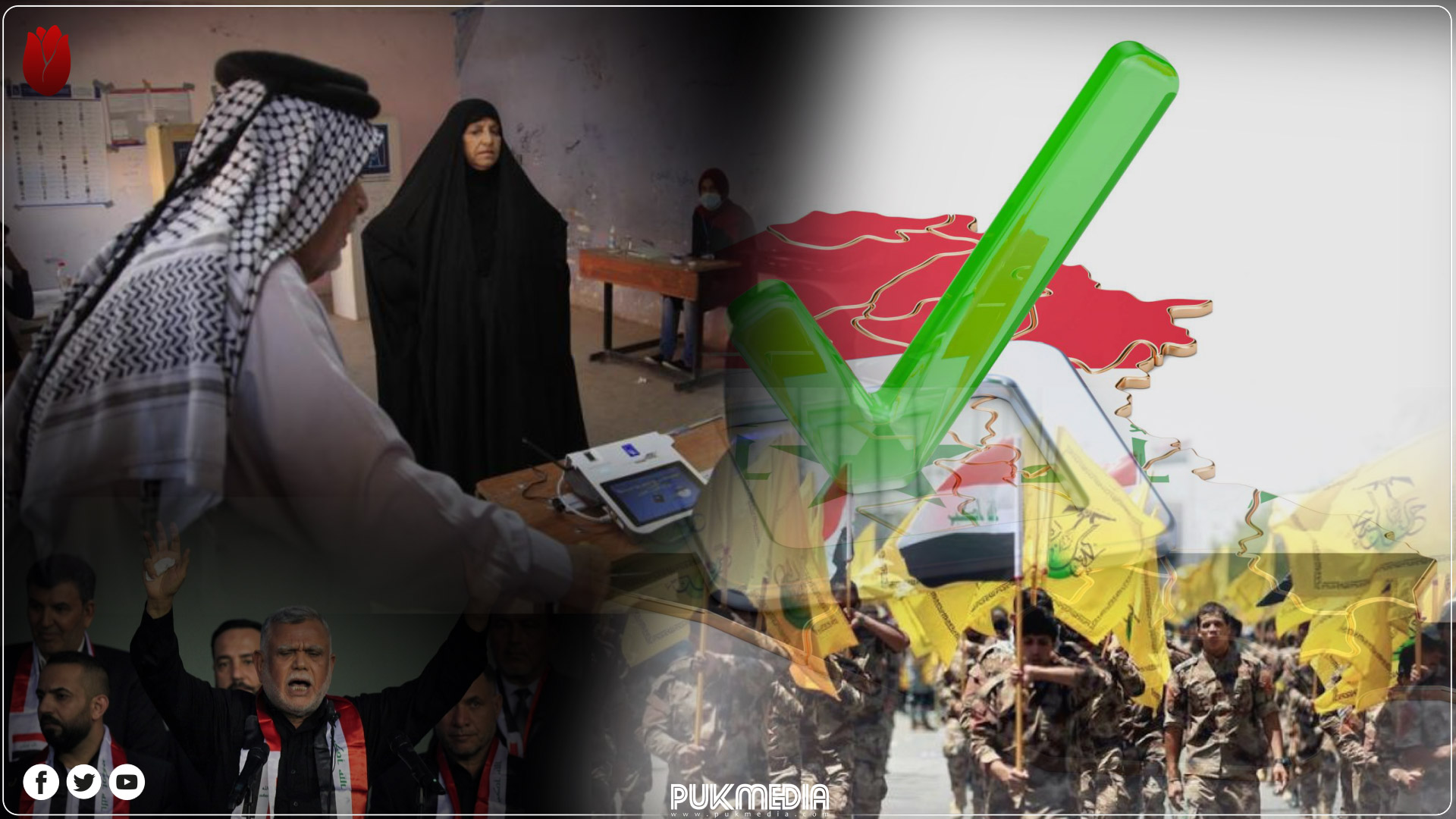
The reactions of the Iraqi political parties varied after the preliminary election results were announced, amid tight security measures in the capital, Baghdad, and a heavy deployment of security forces.
The results of the elections announced by Iraq's electoral commission showed the victory of some political blocs and the loss of many others. These results brought out some divergent reactions, some of which praised the credibility and results of the elections, while others rejected them and emphasized their manipulation.
Last week, the general voting process for the early elections of the Iraqi Parliament took place all over Iraq, which ended with a low turnout of only 41 %. Candidates were competing for 329 seats in the Iraqi Parliament Council.
The country held the elections months ahead of its time. Early elections were one of the demands of the protesters who took to the Iraqi streets in October 2019 to vent their anger and frustration at the government's inability to fight corruption and provide them with security and stability.
Muqtada al-Sadr accepts the results
The leader of the Sadrist movement, Muqtada al-Sadr, announced his acceptance of the Commission's decisions and the results of the elections.
Al-Sadr said in a tweet on Twitter: "I announce the acceptance of the decisions of the Commission and the results, whatever they were."
He also called for calm and peace in the country saying: "It is forbidden to fight, destabilize the peace, and harm the people and their dignity."
Al-Sadr stressed, "seeking to form national alliances, not sectarian or ethnic, and under the tent of reform."
"We will be an honest service government that does not put personal interests ahead of the public," he added.
The coordination framework of the Shiite force reject the results
The coordination framework of the Shiite forces announced its complete rejection of the results of the early parliamentary elections that took place last Sunday.
The framework includes the majority of Shiite forces, except the Sadrist movement.
The framework said in a statement: "We hoped that the Electoral Commission would correct the major violations it committed during and after the counting of votes and announcing the results."
Iyad Allawi's Front: The Iraqi elections are invalid and illegitimate
The Iraq Civil Front, led by former Prime Minister Iyad Allawi, said in a press conference in the capital Baghdad that the participation rate in the elections did not reach 20%, which makes it invalid.
The Civil Front considered the early parliamentary elections "void" and "illegitimate" due to the low turnout.
This came in a press conference in the capital, Baghdad, in which Allawi spoke with a number of the leaders of the Front.
Allawi said in the press conference that "the minority that participated in the elections has no right to determine the fate of the majority that boycotted it."
"A national conference shall be held to contain the issues that might emerge from this election. We are on the verge of conflict. Some parties are threatening other parties."
Regional and international influence
Strategic expert Ahmed Al-Sharifi stressed that the Iraqi elections have a regional and international impact and were not just local elections.
Al-Sharifi said in a statement to PUKmedia that "there is a very great correlation between the arguments in Iraq after the elections and what happened in Lebanon, especially in the ideological dimension between the armed factions in Iraq and the Lebanese Hezbollah."
"I think that the issue of elections in Iraq, even though they were a local election, but in terms of influence it was regional and international," he said.
"The biggest loser in it was Iran because of its insistence on reproducing the same model that was unsuccessful in managing the crisis. Iran promised in one way or another to impose a political model on the Iraqis which provoked them and made them either boycott the elections or elect those who oppose or this formation," he added.
Al-Sharifi believes that the elections had an influential role and will produce a government that will bring about a radical and comprehensive change in regional and international balances, especially concerning the project of the Eastern Mediterranean Gas Organization as an economic, security, and military dimension, as well as the ideological dimension in the issue of the Abraham Agreement that will establish a new balance equation."
Possible clashes after the announcement of the election results
A political observer ruled out clashes between the political parties after announcing the election results.
"I believe that the threats launched by some political parties do not go beyond a war of words only, and we will not witness any confrontations," political observer Ahmed Al-Rubaie said during an exclusive statement to PUKmedia.
"There will be no confrontations because the Marja in Najaf will not allow anything of this sort to happen," he added.
Pressures and interventions changed the results of the elections
Political analyst Ali Al-Baydar told PUKmedia that, "there is pressure on the electoral commission and there was regional interference in the election results to satisfy some political parties which robbed the Iraqis of will and made the people completely lose confidence in the electoral process."
PUKmedia
More news
-
PUK President: We Support Yazidis in Protecting their Rights
04:51 PM - 2024-04-17 -
DPM Talabani: Elections Must Be Held Promptly Without Further Delay
05:53 PM - 2024-04-16 -
PUK & UNAMI Emphasise Holding Timely Elections
05:28 PM - 2024-04-16 -
Remembering Anfal: Genocide Crime Against Kurds
09:14 AM - 2024-04-14
see more
PUK President: Elections Would Develop Our Experience
05:06 PM - 2024-04-17
The 8th Sulaymaniyah Forum Takes Place Today
10:33 AM - 2024-04-17
PUK President: Continued Collaboration is Significant for Upholding Stability
10:53 PM - 2024-04-16
PUK President: Our Primary Focus is Maintaining the Country's Stability
05:42 PM - 2024-04-16
Most read
-
PUK President: Elections Would Develop Our Experience
P.U.K 05:06 PM - 2024-04-17 -
IHEC Determines Kurdistan Parliamentary Election Campaign Date
Kurdistan 01:37 PM - 2024-04-18 -
PUK President: We Support Yazidis in Protecting their Rights
Kurdistan 04:51 PM - 2024-04-17

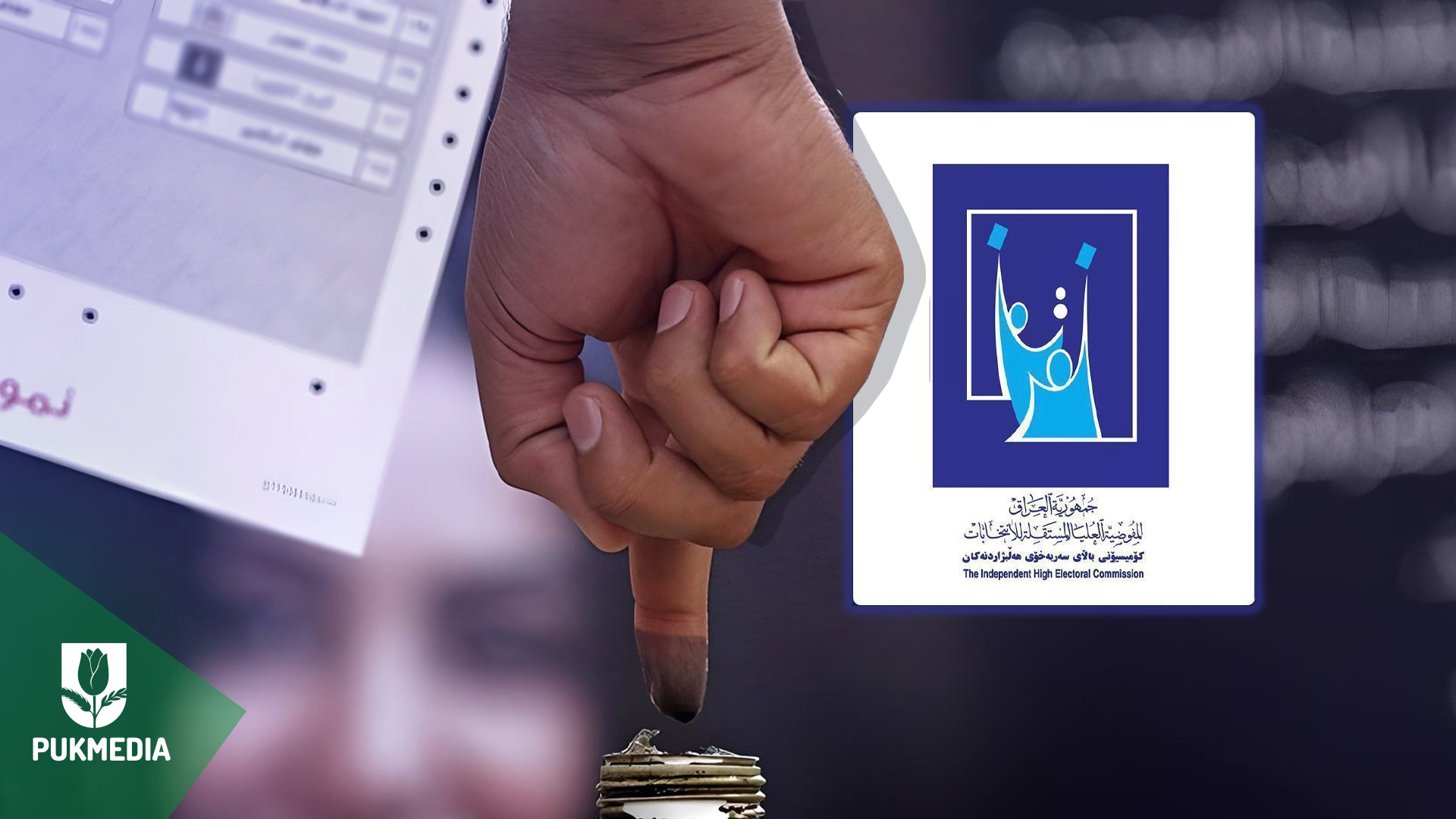
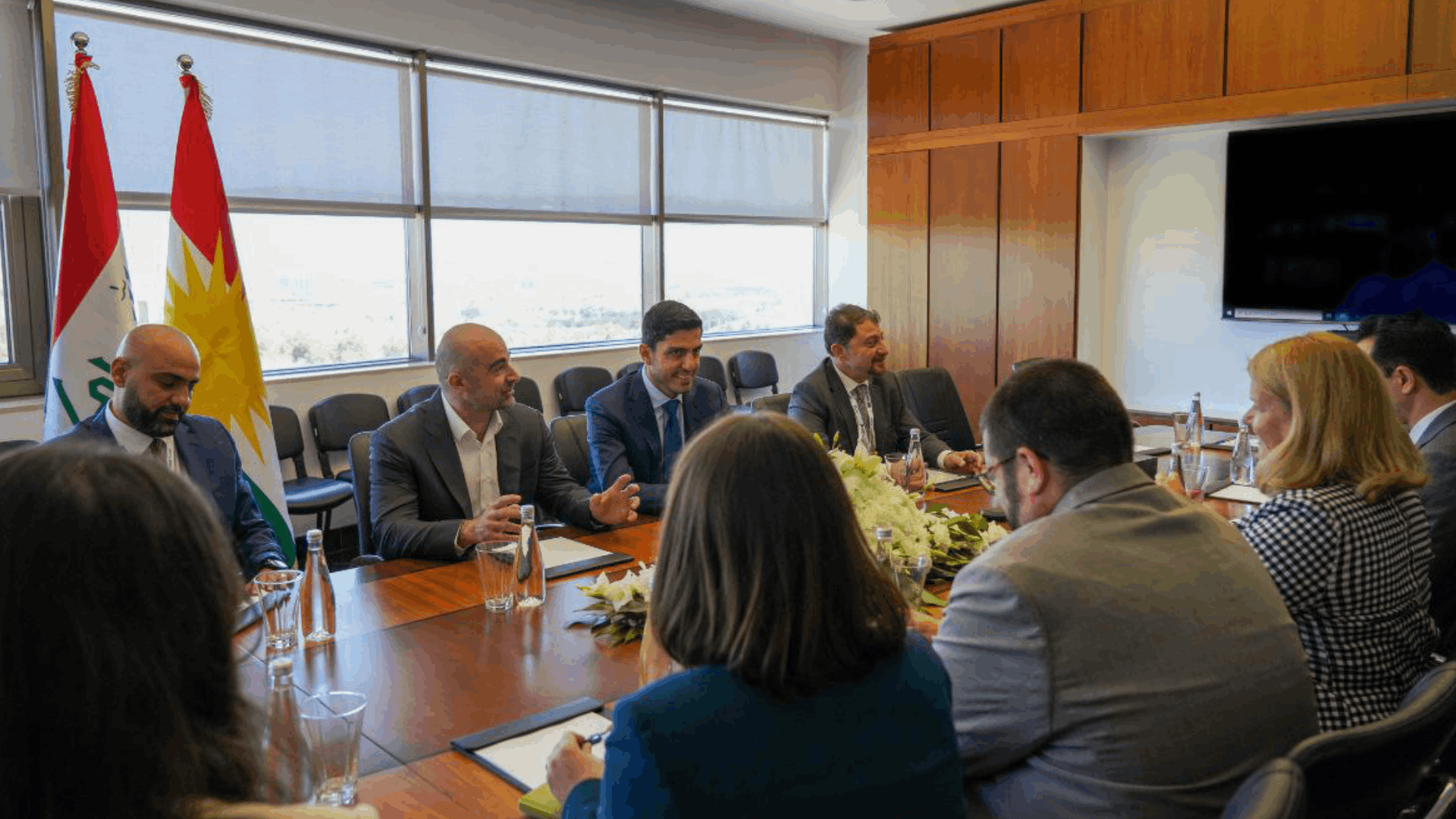
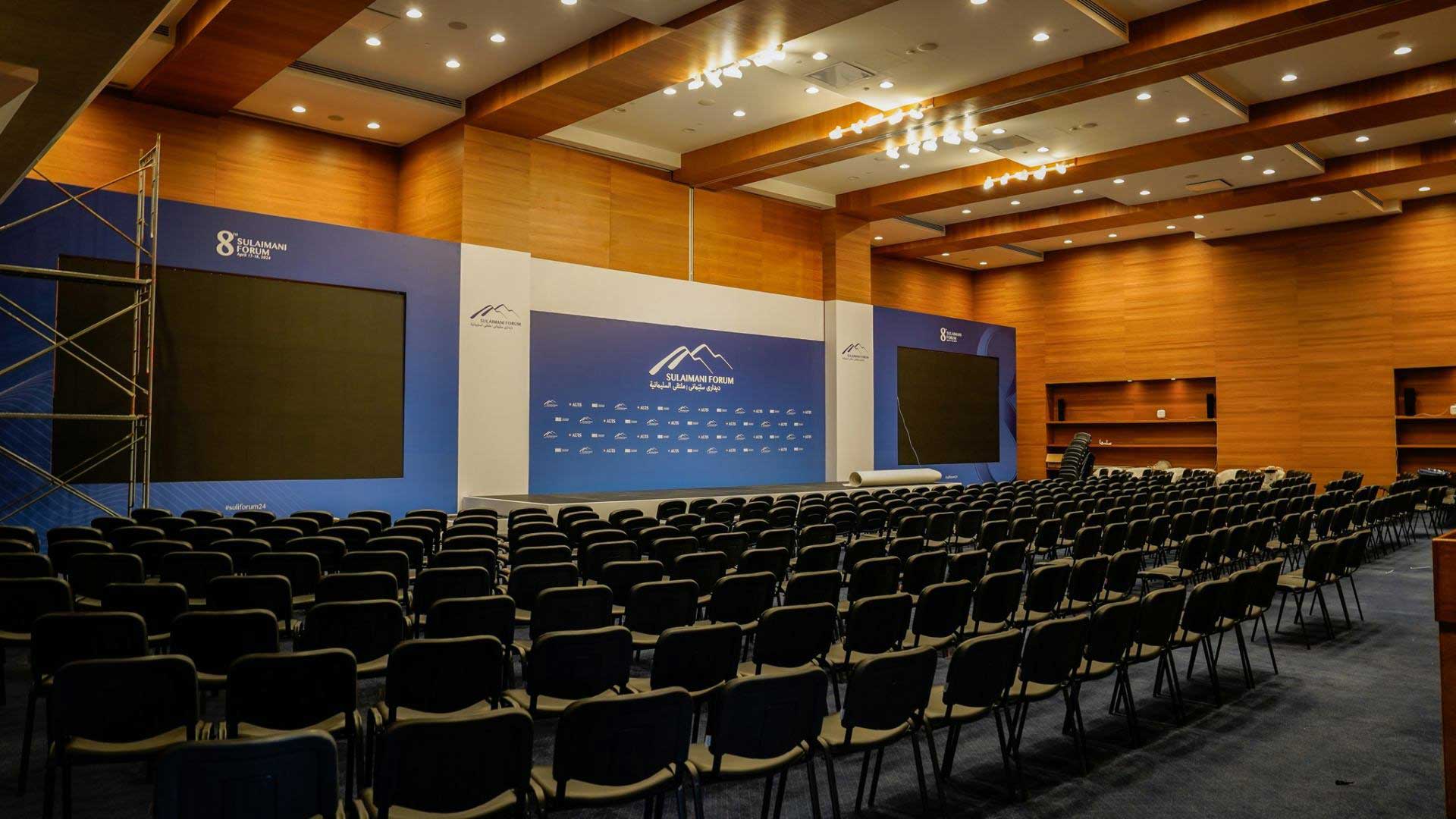
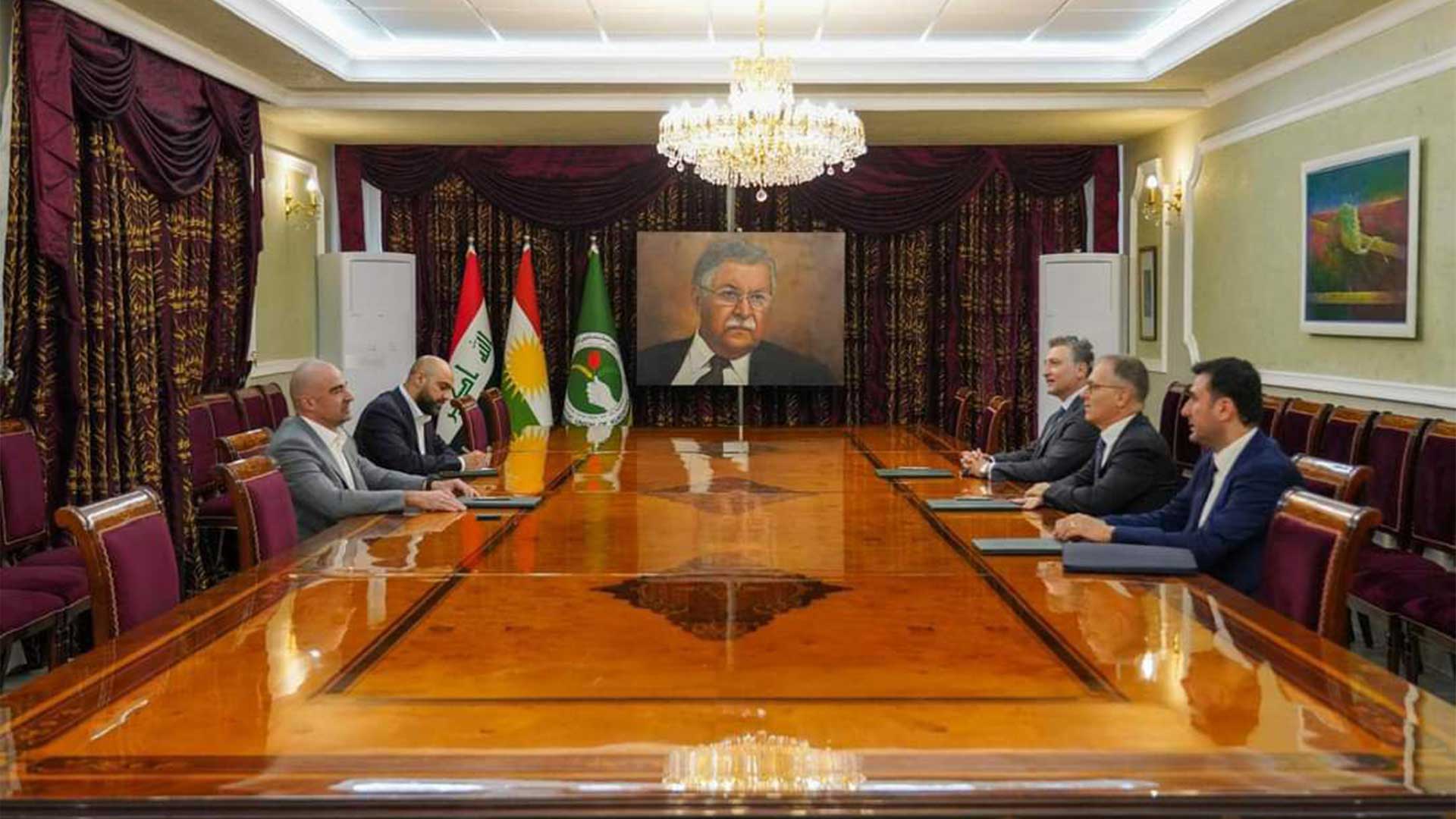
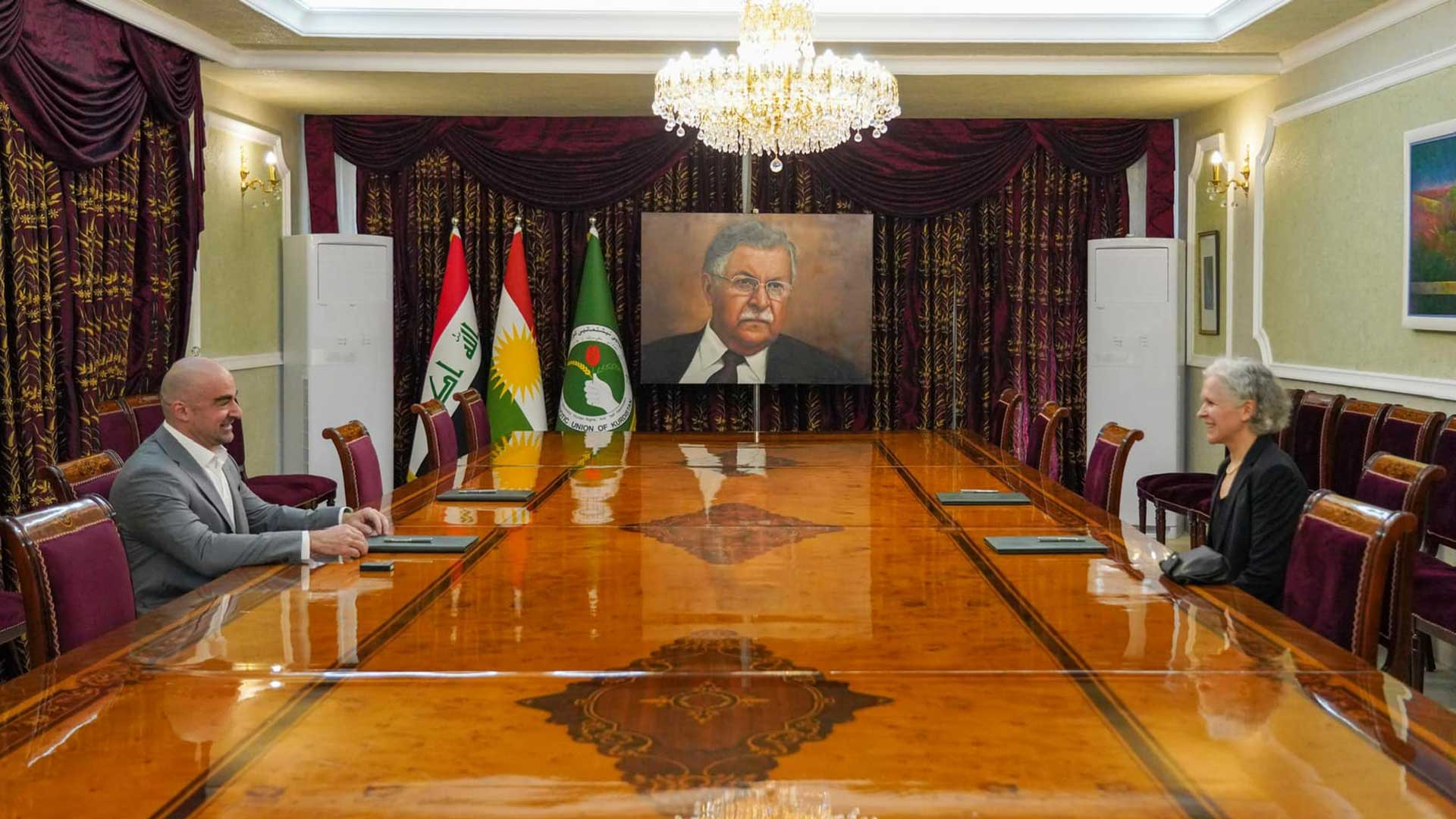
 Application
Application


